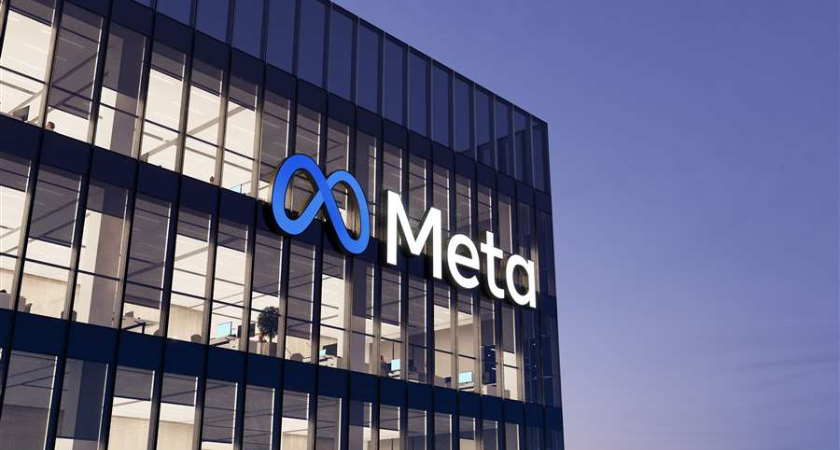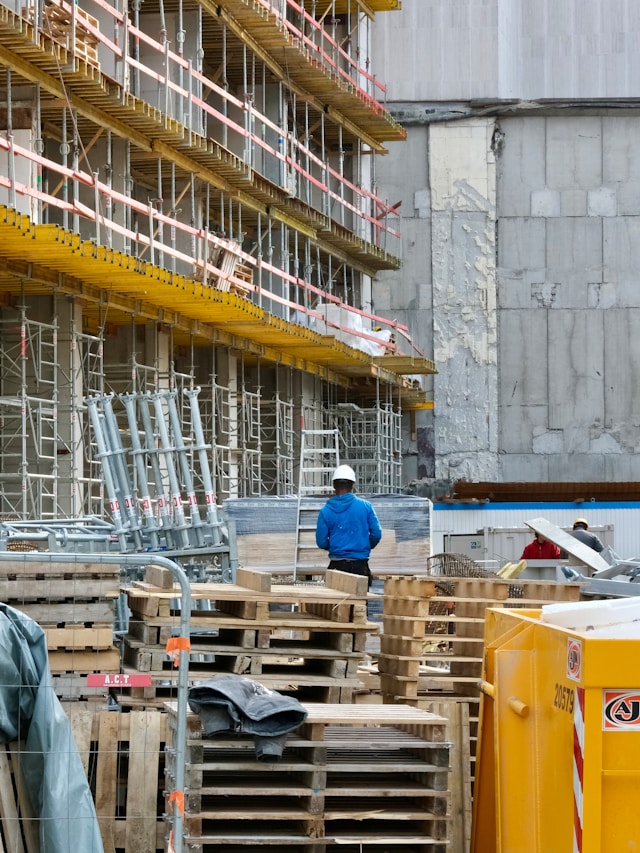
Meta has officially broken ground on a new artificial intelligence-focused data center in El Paso, Texas — a major expansion of the company’s infrastructure as AI workloads continue to surge.
.jpg)
The project, which represents more than $1.5 billion in initial investment, will be Meta’s 29th data center globally and third in Texas. According to the company, the facility is designed to scale up to 1 gigawatt of capacity to support increasingly demanding AI models.
Meta emphasized the project’s local economic impact, saying it will create “approximately 1,800 construction jobs at peak and around 100 operational positions” once complete.
The center is slated to come online in 2028, featuring a flexible infrastructure capable of supporting both current-generation servers and future AI hardware, ensuring long-term adaptability as technologies evolve.

Sustainability and efficiency are core to the design. Meta said the building is targeting LEED Gold certification and promised that electricity use will be matched with 100% clean and renewable energy. The company has already funded new grid infrastructure — including transmission lines and substations — in partnership with El Paso Electric to ensure reliable power delivery.
To address water usage — a growing concern for data centers in arid regions — Meta said “water conservation measures will include a closed-loop, liquid-cooled system that will use no water for most of the year.”
The company also pledged to go beyond offsetting its own usage. “Meta plans to restore 200% of the water consumed at the facility to local watersheds,” collaborating with regional environmental groups to fund community water projects.
This development adds to Meta’s growing presence in Texas. The company noted that it has invested over $10 billion in the state to date and employs more than 2,500 people across data centers, offices, and research facilities.
With the AI arms race accelerating among major tech firms, the El Paso site underscores Meta’s bid to secure the physical infrastructure needed to power its next generation of AI products — from recommendation engines to metaverse simulations.
Originally reported by Lewis Tyler in Construction Briefing.